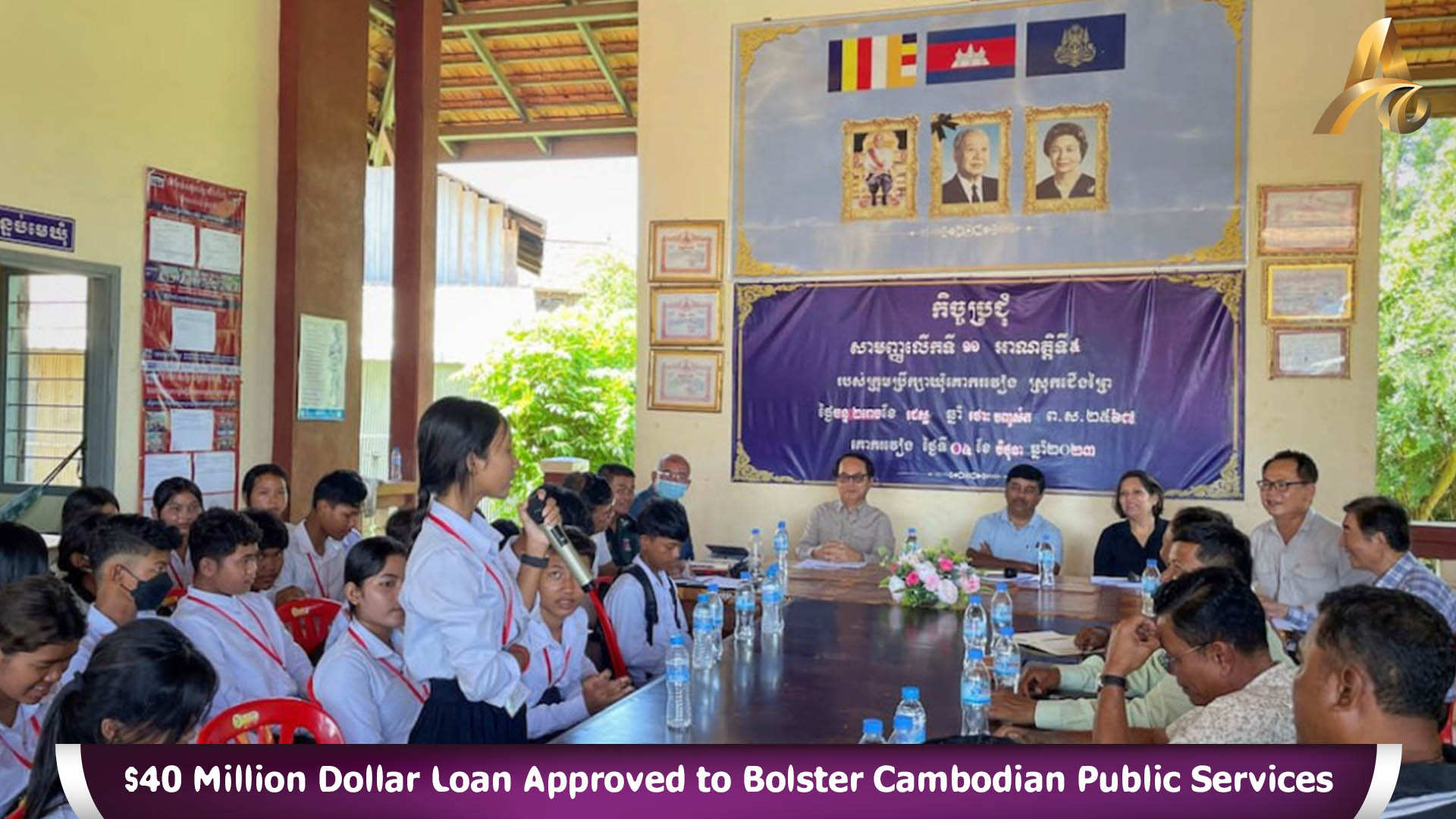PHNOM PENH: The Asian Development Bank (ADB) approved a $40 million loan to complete a series of reforms aimed at the decentralization of public services in Cambodia. This second and last subprogram loan under the ADB’s country partnership strategy for 2019–2023, is meant to strengthen local administrations so that they can more effectively deliver public services such as access to water, sanitation, and education.
The ADB has a long standing support for decentralization reforms in Cambodia, which are aimed at transferring power from the central, national government to organizations and administrations on a local level. The first program aimed to develop public administration skills and competencies for local administration officials by establishing the National School of Local Administration.
One of their most visible projects was the establishment of One-Window Service Offices (OWSO) throughout the country which have made it easier for citizens to take care of bureaucratic tasks like driver’s license renewals, paying taxes and authenticating documents, without paying a third party to assist in the process.
The second subprogram will focus on increasing the responsiveness and accountability of public service providers by strengthening the coordination between relevant parties and enhancing budget management to meet the needs at the local government level.
The overall goal of the ADB reform loans in Cambodia is to improve public services, promote local economic development, and reduce poverty. The ADB was formed in 1966 and functions as a regional partnership akin to the World Bank, where 68 board members, mostly from Asia, vote on policies and expenditures to help the region become prosperous, resilient and sustainable.






















